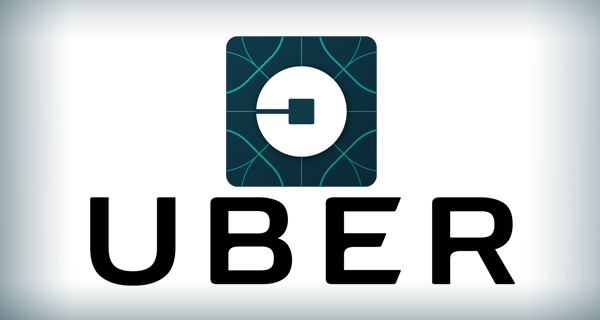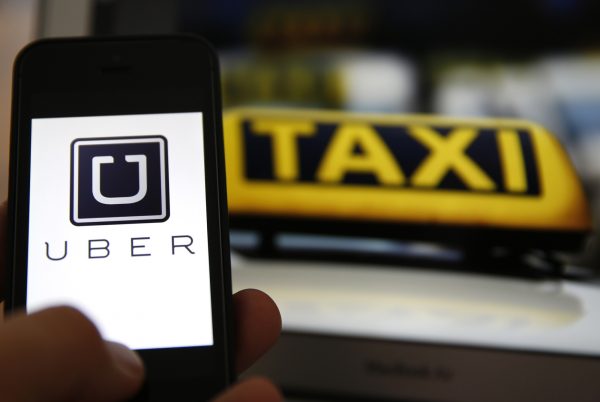Your popular ride hailing service, Uber, may be pulling out of Nigeria soon as new shareholder, Softbank, reportedly wants it to focus on more “profitable” regions.
Softbank recently became the largest shareholder in Uber following an $8 billion investment through a consortium. Uber wants the investment to help it lower the cost of providing its services to more people globally.
However, Softbank has a different view. Rajeev Misra, a board director at Softbank, feels the company would be better served by focusing on only core markets like the US, North America, Australia, and Europe. He believes that this is a major way the company would stay profitable.
Presumably, this move would require the company to shift its focus away from emerging markets like Asia and Africa. Misra told FT that this move was not about cutting losses but doing what is good for growth.
In reaction to this report, Uber has called it “baseless speculation”. The company said it was “very much committed” to its operations in Nigeria and Africa, and looks forward to “future growth.”


Uber’s progress in Africa
Uber is hugely popular in Africa. The company first launched in 2013, and has since expanded operations to eight African countries, which include South Africa, Kenya, Nigeria, Tanzania, Uganda, Ghana, Egypt, and Morocco.
Since its launch in Africa, the company has witnessed significant growth. In its first 16 months in Nigeria, the company provided 30% more rides than it did in London in its first 16 months there. In countries like Ghana and Egypt, the company’s services are in popular demand. Egypt represents its fastest growing market. And in Ghana, the company has witnessed its first success to avoid conflict with regulatory bodies. In partnership with the country’s transport ministry, Uber developed a regulatory framework for ride-hailing.
But it’s not been all rosy for the company. Like other markets, Uber has faced stiff opposition from taxi unions. They complain that the company’s model is a huge threat to their business. The company has also faced opposition from its drivers, or “partners” as it calls them. In Lagos, drivers have protested low fees and claimed that Uber is unfair to them. At one point, some drivers started using a fake GPS app to inflate fares to counter Uber’s low fees. And in Ghana, despite its regulatory success, the company recently got into trouble with the country’s taxi union. The taxi union petitioned it before the country’s transport ministry for failing to meet some regulatory standards.


Other problems at Uber
The last couple of years have been a mixed bag for Uber. The company keeps growing, but it keeps getting into the news for all the wrong reasons.
In 2017, the company was valued at $69 billion and its customer numbers reached 40 million. Its net revenue was $2.01 billion in the third quarter of 2017. Yet its losses are quite notable. The company posted a net loss of $1.46 billion in Q3 of 2017.
It is frequently in the news for litigation by riders and regulatory bodies. In the last 12 months, the company has faced a barrage of sexual harassment claims. In February 2017, the now former CEO, Travis Kalanick, was caught on camera insulting an Uber driver, and was forced to step down. A new CEO has since been appointed to guide the company to stability.






